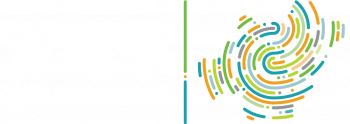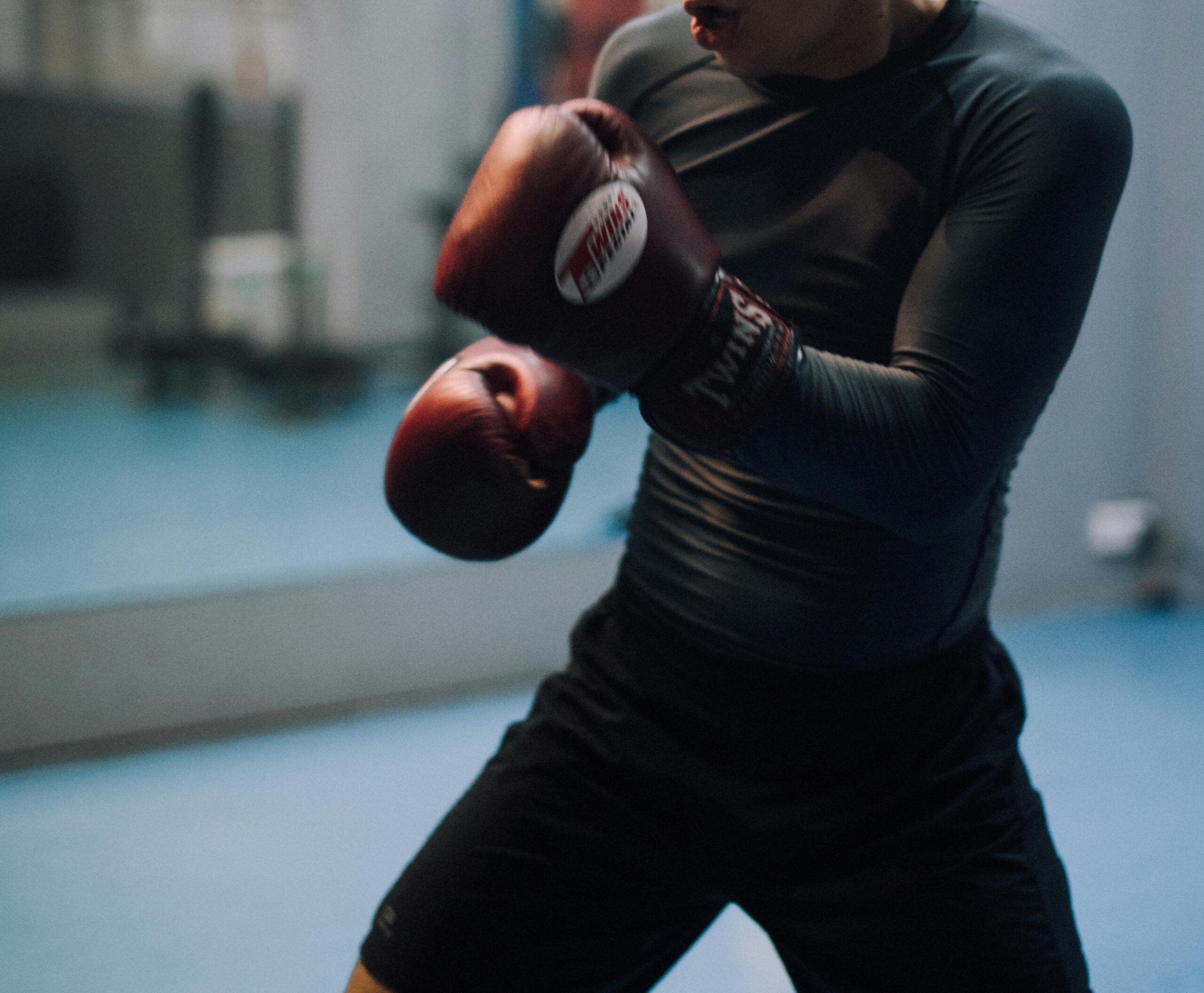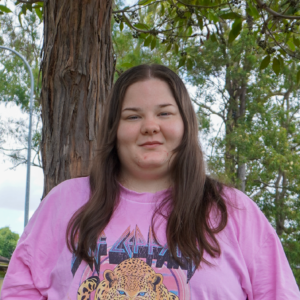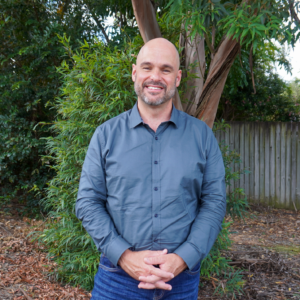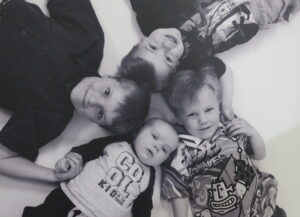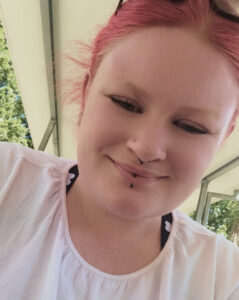In April 2024, Rangi was referred to YFS’ Community Youth Response and Diversion (CYRD) program, which provides culturally appropriate support for young persons at risk of entering, or reentering, the juvenile justice system.
“All I saw was other kids looking down on me. I was street smart but felt dumb at school. So I never went inside much – just sometimes to hang out. ”
Not finding his local high school a good fit, Rangi began spending more and more time with other young people from his neighbourhood who were, as he describes, running amok.
After Rangi was arrested, a youth worker he had previously engaged with at ATSICHS referred him to YFS, where Rangi started working with a CYRD youth coach.
Rangi describes having regular check-ins with his coach as being crucial in helping him change the path he was travelling, and in building confidence that his new direction was a good one.
“The checkups, to see if I was all good, they helped me to admit that I was still on the right track,” says Rangi.
Rangi joined an intensive boxing program at a YMCA gym and started attending Y School Logan, which offers personalised, inclusive learning for each student based on their future work or study goals.
“To really change, you have to know what you want to do instead, then you can start to make it happen.”
Rangi knew he was good at working with kids – he has 11 nephews and nieces – and he started volunteering as an assistant coach for an under-10s basketball team.
“I wrote down all the stuff that I could probably achieve in the world. Then, I started working towards things and crossing them out. And I realised I could probably help out kids.”
Rangi is now almost finished high school, is studying a TAFE certificate in sports and coaching, and has a long-term goal of moving into youth work himself one day.
Recently, Rani had the opportunity to join a fight after someone spoke badly about his family – an opportunity that Rangi’s old self would have grabbed with both hands.
“I’ve been learning to fight since I was seven. I could have jumped in; I used to get mad and go full attack.
But I would have been the one charged. I’m more open-minded now; I’m not closed in a box with my thinking.”
For others who want to change but aren’t sure where to begin, Rangi suggests figuring out what you want to do – because change is hard and if you’re not clear on where you want to go it’s easy to fall back into doing what’s familiar.
“Think about what you’re good at. If you’re on the street and stealing stuff, join a basketball team and intercept the ball. Turn what you’re good at into something positive.”
Rangi also recommends surrounding yourself with the right people.
“There’s people out there [who] just like to hate on others, but they aren’t good to be around because one day they could easily turn on you.”
“I just blocked them out, stopped hanging out with them. It’s not easy to move on, not from any friendship or relationship. But if you really apply pressure to yourself, you’ll manage it.”
“The real people, real friends, they tell the truth to your face. They say you can pick yourself up and do better.”
For Rangi, support from his parents also helped him stay on track once he knew the direction he wanted to take.
“If you don’t have that support from your own parents like I did, it can be anyone – a friend’s parent, a classmate – someone who will talk straight, face to face with you.”
